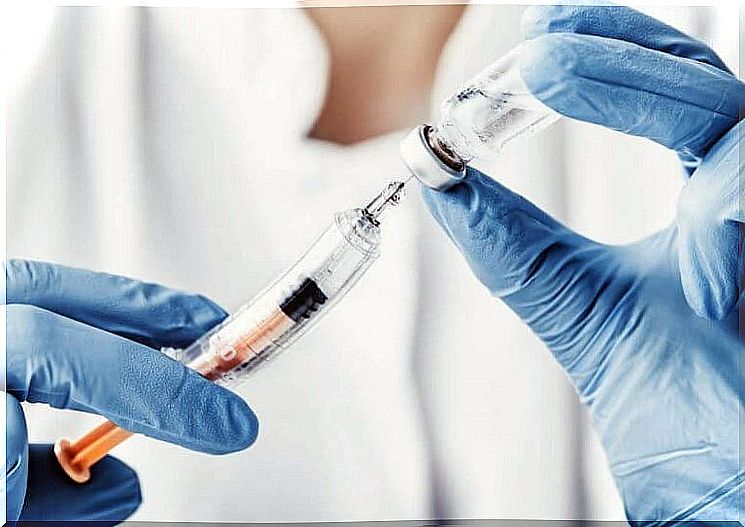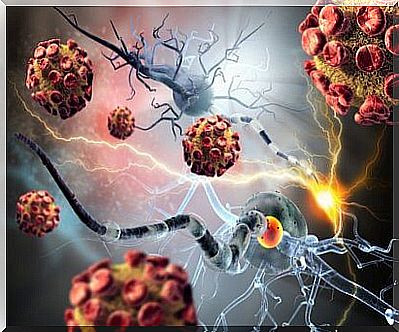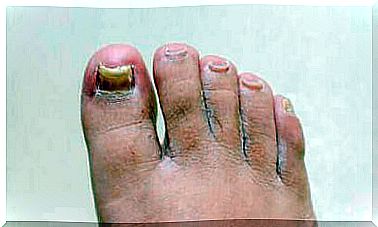Scientific Advances Develop Vaccine Against Cancerous Tumors

Throughout history, cancer has become one of the main goals of studies in search of a cure for this deadly disease, in the form of a vaccine against cancerous tumors.
Oncologists define cancer as a disease that occurs due to the production of abnormal cells, which do not adapt to their natural life programming, and which, by not dying, reproduce disproportionately.
They do this by spreading throughout the body, giving rise to the formation of internal masses called tumors.
A vaccine against cancerous tumors?

Overall, there have been many medical advances in the fight against cancer. From the discovery, characterization and classification of possible cures that inspire hope in patients struggling to survive this disease, there are new advances almost every year.
First of all, knowing what type of cancer it is has allowed scientists to specify its development, its implications and its effects on the body. Fortunately, this has helped them discover various treatments that are becoming more and more effective.
Among these advances we can find the development of medicines that work in the form of vaccines. However, these are not traditional vaccines. It still has a similar purpose.
Researchers at Stanford University’s medical line in California USA, say they have tested a vaccine on mice that was previously inoculated with cancer cells.
Their results showed the destruction of the tumors and that the metastasis in the animal disappeared. As you can imagine, this is a fantastic discovery that could possibly lead to a vaccine against cancerous tumors!
How does the vaccine against cancer cells work?

The vaccine will go directly into the tumor. It will have immunostimulants that help activate the immune system which destroys the tumor from the inside and stops the reproduction of these abnormal cells.
The composition of this vaccine corresponds to two agents:
- One is a DNA fragment called CpG.
- The second is an antibody to the OX40 immune protein cell.
The mixture of these two helped eradicate cancer in 87 of 90 test mice. In addition, in the 3 mice where the tumor returned, a second dose was able to push it back.
Ronald Levy, a researcher at Stanford University, has expressed optimism about the results obtained in the test mice. After all, in most mice the tumors disappeared. Breast, skin and lymph cancer were the types that were tested.
The effects of vaccines in humans

These scientific advances are still at the stage of testing on animals. Thus, they have not yet tested it on humans.
However, specialists have gained a glimpse of an optimistic prediction of the effects that can occur in humans. This is especially true when compared to other treatments that are much more aggressive, such as chemotherapy.
From their studies, the researchers claimed that :
- Its use can minimize the side effects that the traditional methods used in the fight against cancer generate in cancer patients. This is because it is a less invasive technique.
- In addition , the results occur faster. This is because the effect of this vaccine in the test mice showed results after only ten days of application.
- It would represent a much more affordable alternative for the patient.
- In addition, it covers a wider range of actions. After all, the vaccine not only attacks the tumor, but it also helps the T cells (immune cells) to spread in search of other malignant cells.
However, the effect of each treatment depends on each individual case.
While we hope that this new alternative has a green light to be used on humans, we must emphasize that the research laboratory to which Levy belongs has already been granted permission to create rituximab. This is a monoclonal antibody that has been approved for use as a vaccine against human cancer.
The outlook looks good!









